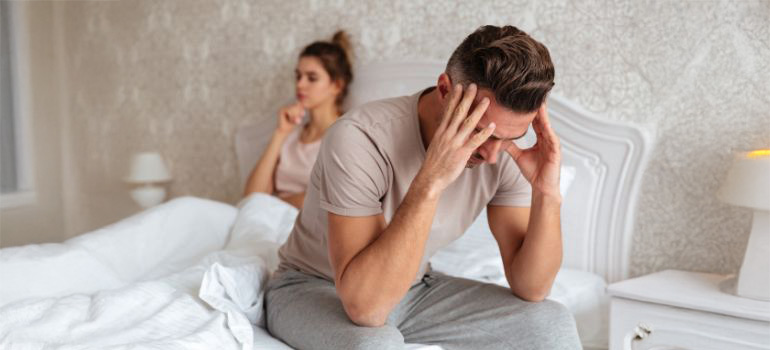While most people are familiar with menopause in women, fewer realize that men experience their own version of hormonal change—called andropause. Andropause refers to the gradual decline in testosterone levels that typically begins in a man’s 40s and continues with age.
This hormonal shift can bring on a range of physical and emotional symptoms, including:
- Low energy
- Decreased muscle mass
- Sleep issues
- Reduced libido
- Erectile dysfunction
- Mood changes like anxiety, depression, irritability, and brain fog
Sound familiar? Many of these symptoms mirror what women experience during menopause, although they tend to be milder in men.
The term “low T” gained popularity in the early 2000s thanks to marketing campaigns promoting testosterone replacement therapy (TRT). Today, it’s estimated that 24–39% of men aged 30 to 79 have testosterone levels considered low (below 300 ng/dL). Even more concerning, testosterone levels appear to be dropping faster than in previous generations—likely due to lifestyle and environmental factors.
But does that mean most men with low testosterone should jump straight to TRT? Not necessarily.
Only about 6% of men with low testosterone actually show symptoms of androgen deficiency. Without those clinical symptoms, testosterone therapy isn’t usually recommended.
In fact, testosterone supplementation comes with real risks:
- Heart attack, stroke, and blood clots (especially in older men)
- Infertility
- Sleep apnea
- Enlarged prostate and elevated PSA levels
- Acne
- Testicular shrinkage
If you’re experiencing symptoms and suspect low testosterone, it’s best to start by talking with your healthcare provider, such as a primary care physician or urologist. Bloodwork can help determine whether hormone levels are a concern—and if treatment is appropriate.
In many cases, lifestyle changes can go a long way in supporting healthy testosterone levels and improving how you feel:
✅ Strength training (weights or bodyweight exercises)
✅ Reducing alcohol intake
✅ Managing stress
✅ Prioritizing sleep (aim for 7+ hours per night)
✅ Maintaining a healthy weight
These steps may seem simple—but they’re not always easy. Still, incorporating them into your routine can help slow testosterone decline, boost energy, and benefit your overall well-being.
Bottom line? Male menopause is real, but it doesn’t mean hormone therapy is the answer for everyone. Start with the basics, talk with your doctor, and take a proactive approach to aging well.









